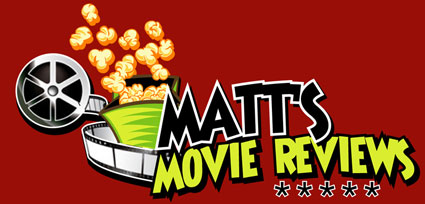The story behind a mad filmmaker’s could-have-been sci-fi masterpiece and the movement that sprung from it is delved into with spirited precision in Jodorowsky’s Dune.
“What if…” scenarios are common place in the history of cinema, yet none are as juicy in the sci-fi realm than that of Avant-garde director Alejandro Jodorowsky’s (the man behind wacked out cult classics El Topo and The Holy Mountain) planned adaptation of H.R. Herbert’s seminal sci-fi novel Dune.
That Jodorowsky has made only four films since the failure of Dune says something about the energy placed into, and the crushing disappointment resulting from, his attempt at creating a sci-fi film not only before his time but beyond this realm.
Jodorowsky’s Dune director Frank Pavich chronicles this journey of the madcap Chilean’s undertaking of what he viewed as a spiritual endeavour, a revolt against the system and a movement to a new way with Dune the prophet of Jodorowsky’s “enlightening” (as in insane) philosophies.
Only fitting that this attempt at a new cinematic religion have its own bible, in the form of a beautifully crafted book that archived every storyboard, every costume design, and every piece of dialogue that was to be Jodorowsky’s answer to Stanley Kubrik’s 2001: A Space Odyssey.
To help bring his vision to life Jodorowsky assembled a crack team of equally eccentric visionaries who he would call his “spiritual warriors”, answering Jodorowsky’s call to follow him into a new way, as if he were John the Baptist (or Charles Mason, depending on your opinion) proclaiming the arrival of the Messiah, Dune.
And reborn by the river of Jodorowsky these men were, with now legendary names such as special effects artist Dan O’Bannon, artist Jean Giraud (aka Moebius) and the late, great H.R. Grier all leaving their mark in the sci-fi and fantasy genres, proving that while Jodorowsky’s version of Dune did not make it past pre-production, it’s influence is far reaching with classics such as Star Wars, Alien, Raiders of the Lost Ark and The Matrix all sharing its DNA.
It’s just a shame that Pavich couldn’t get the likes of Ridley Scott or George Lucas to talk about how, or even if, they were influenced by Jodorowsky’s concepts in the first place.
One person who does do a lot of talking is Jodorowsky himself, with his spiels on art, movies and spiritual matters infectious in its energy and often baffling in his out there philosophising. A moment where Jodorowaky compares adapting another person’s work to raping a virginal bride is sure to raise some eyebrows.
Overall Pavish presents a man that while defeated by a Hollywood system that was unwilling to take a chance on his vision, (and who can blame them considering it was the era where a film like Michael Cimino’s Heaven’s Gate brought down a studio), Jodorowsky still presents himself as a spiritual warrior, defiant in the face of defeat.
The truth is no one knows exactly what kind of film Jodorowsky’s version of Dune would have been like. But what’s for certain is that Jodorowsky’s Dune is in itself an entertaining, fascinating portrait into what could have been. |
